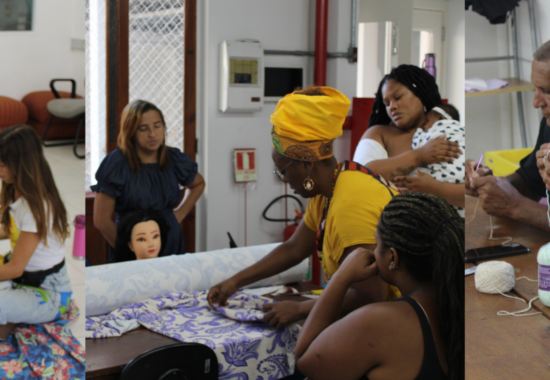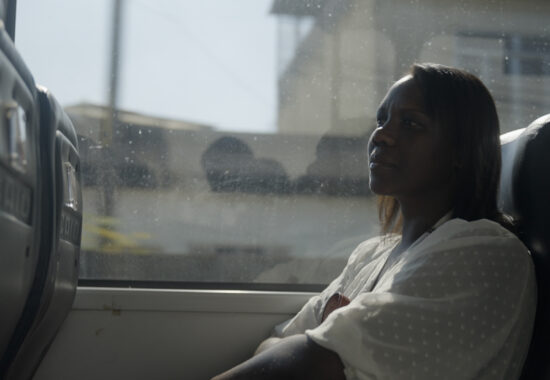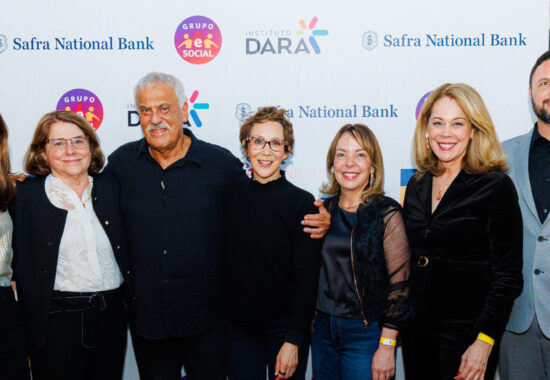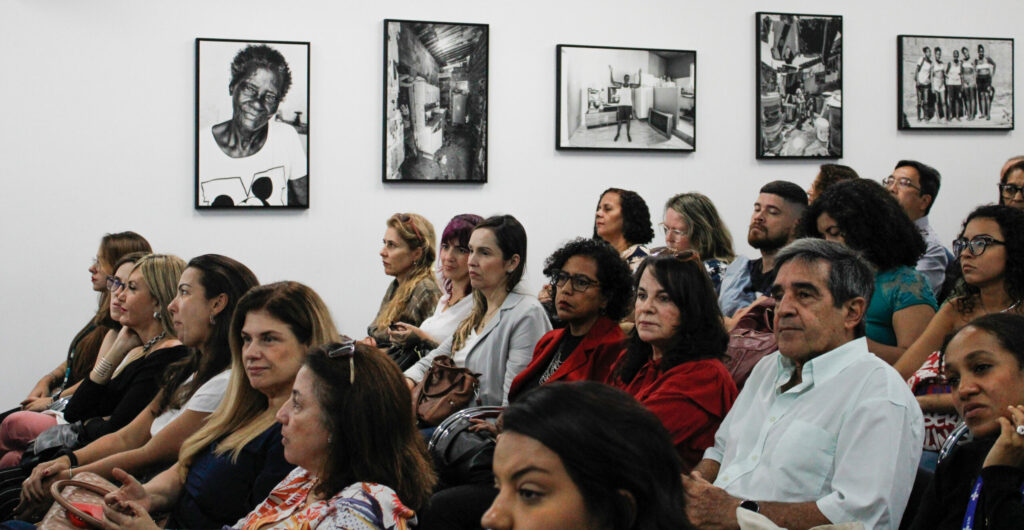

The Network Dialogue: Expanding the Impact of the Family Court System/Dara Project Seminar marking the end of the partnership between the Dara Institute and the Child, Youth and Elderly Court of System of the State of Rio de Janeiro was held on July 3. Fifty socially vulnerable families involved in custody disputes at the Child, Youth and Elderly Courts System in the Rio de Janeiro participated in the initiative.
The event took place in the Knowledge auditorium at Dara's headquarters. Dr. Vera Cordeiro was present. Judge Lysia Maria da Rocha Mesquita, head of the first and second district for the Child, Youth and Elderly Court , and representatives of other partner organizations involved with the project, such as a Social Assistance Reference Center, a Specialized Social Assistance Reference Center, a Psychosocial Care Center, the city Council for Child and Adolescent Rights, the Lares Cariocas foster home system, the municipal services for foster home families, as well as employees and volunteers of the Institution.
Dr. Vera Cordeiro, founder and Chairwoman of the Dara Institute opened the seminar. Vera Cordeiro, celebrated the partnership: “After a year of working with the Rio de Janeiro Court System for Child, Youth and the Elderly, we are ending the first partnership cycle which we hope will be the beginning of a long journey together. I have learned that effective and positive partnerships like this one, need moments of celebration like today.”
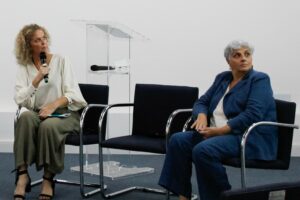
After the opening, presentations related to the partnerhip included Dr. Lysia and the Dara Institute’s Expansion leader, Sabrina Porcher, who commented, “The partnership with the Court system has a very innovative and important aspect, which is to work with a network of partners”. During the year of the program, hundreds of services were offered through the coordinators of the partnership and social service government agencies. The combination of services and their coordination contributed to the process of social integration of the families in the project.
Sharing of information
Priscila Castro, of the Expansion team, mediated a conversation in the panel which had presentations by Letícia Costa and Tatiana Moreira, both psychologists of the Child, Youth and Elderly Courts System, Jaqueline Medeiros, from the Dr. Sobral Pinto Social Assistance Reference Center, Mara Fernandes, from the Hélio Fernandes Special Service Assistance Center, Amanda Vítola, from the Miriam Makeba Psycho-Social Assistance Center, Denise Casagrande, from the Sister Dulce Institutional Reception Unit; and Isabella Meirelles, from the Family Reception Program. The panel discussion centered on strengthening the network approach as a mechanism for guaranteeing human and civil rights. At the end of the seminar, the panelists and audience were invited o view the photograph exhibition of photos by volunteer photographer, Euri Bezerra, that were taken of the families that were attended by
the program. Refreshments followed.
The partnership between Dara and the Child, Youth and Elderly Court System entailed a program whereby fifty families underwent Dara’s methodology, the Family Action Plan. The Family Action Plan is a set of goals and actions co-designed between the families and the professional team in five areas: Health, Income Generation, Education, Housing and Citizenship. In the 19-month duration of the project, 2,144 consultations by the professional team members were offered, 36 home visits were carried out, 71,000 items were donated to the families involved in the program and 174,000 donations were distributed.
Watch a video about this project.
